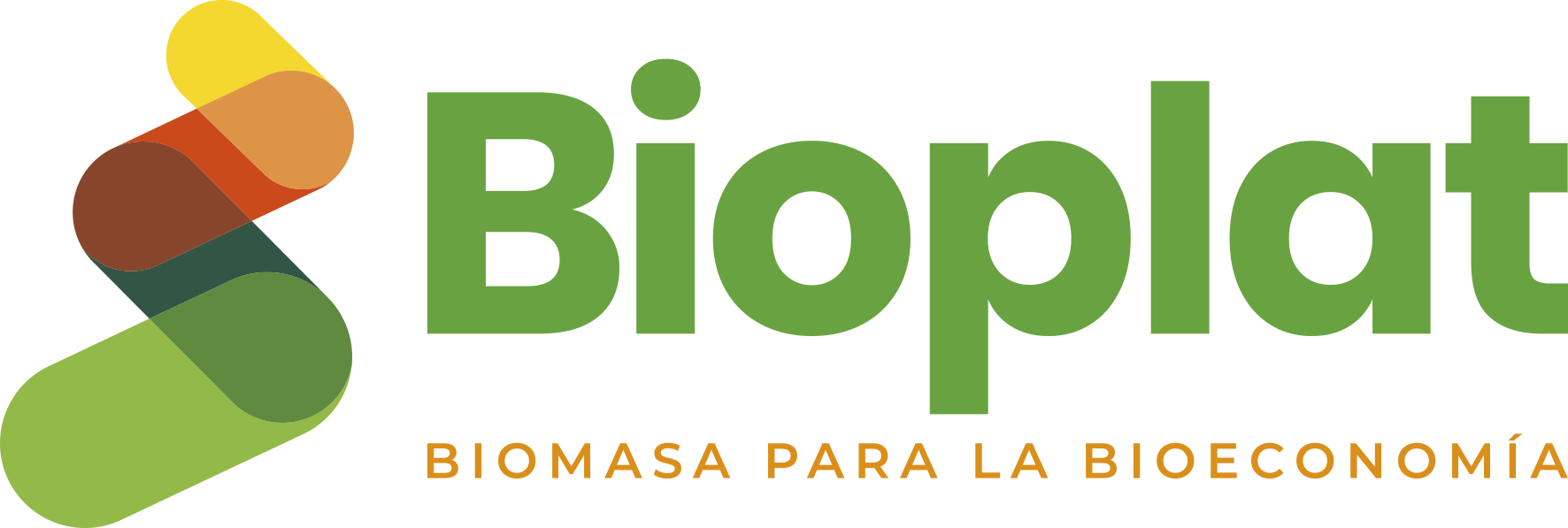22 Aug 2024
European airlines lead the way in decarbonization of the industry
The European Union aims to minimize greenhouse gas emissions, a key factor being the reduction in the use of fossil fuels in transportation. With regard to the decarbonization of the aviation sector, the ReFuelEU Aviation initiative is within the Fit for 55 framework of measures, which aims for the European Union to reduce its net greenhouse gas emissions by at least 55% by 2030, compared to 1990 values, and to achieve climate neutrality by 2050.
Due in part to the Brussels mandate that aviation fuel suppliers supply a minimum proportion of sustainable aviation fuels (SAF) at EU airports (2% of total supply by 2025 and 70% by 2050), European airlines are outpacing their U.S. competitors in their progress toward decarbonizing air travel, as reported in recent Bloomberg Green analysis.
Other governments, such as those of the United Kingdom and Singapore, are working along the same lines. In contrast, in the United States the approach is voluntary, as airlines are not required to purchase clean fuels, but are offered lucrative incentives for SAF.
In tune with these targets, many airlines have committed to using at least 10% sustainable aviation fuels by 2030. However, according to estimates by the International Air Transport Association (IATA), their use grew from 0.04% in 2021 to 0.17% in 2023.
